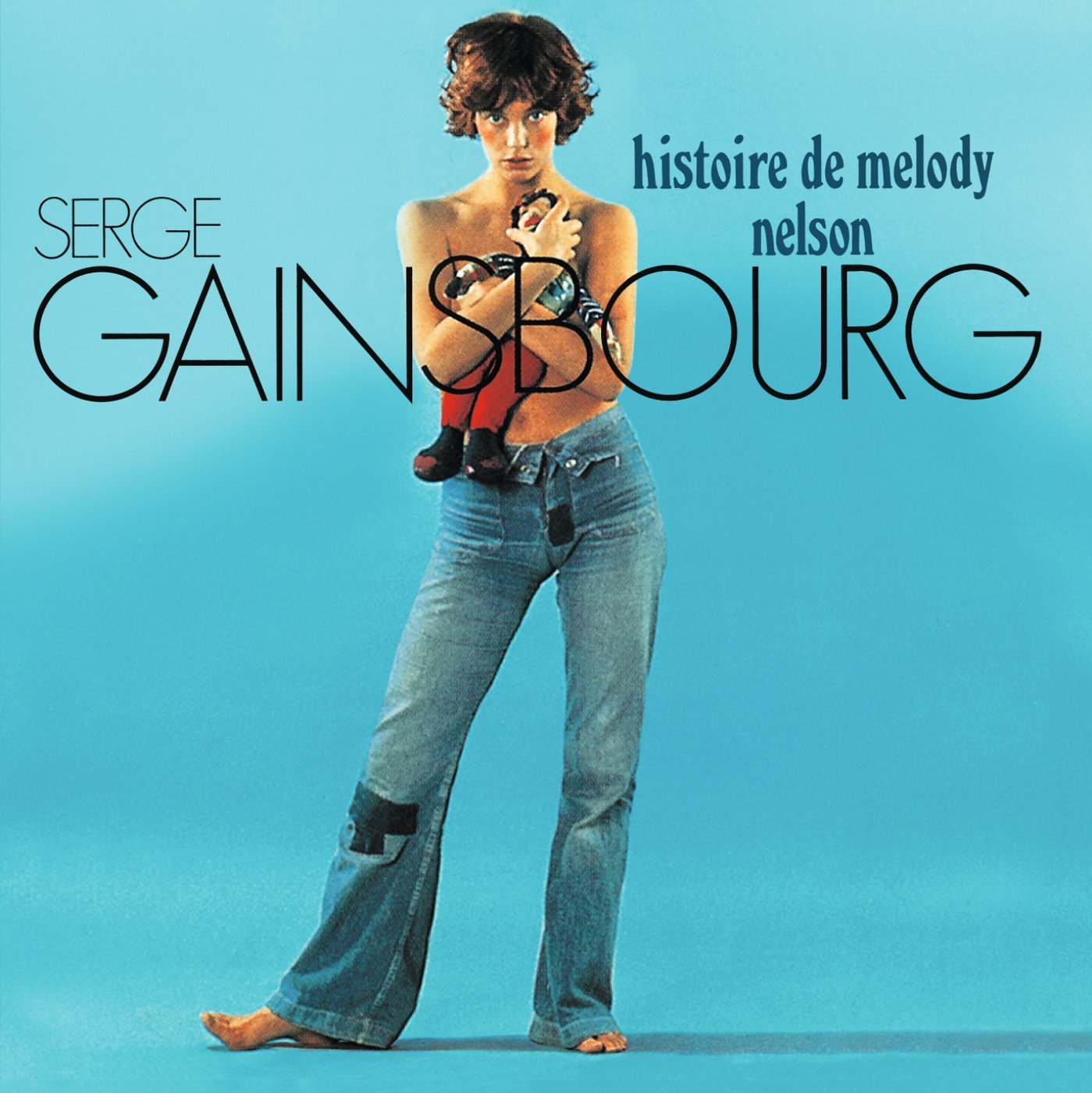8. Serge GainsbourgHistoire de Melody Nelson

‘Je t’aime… moi non plus’, this totally explicit and scandalous song, entered our lives in 1969, when we were around 10 years old… I just couldn’t believe when I heard it on the radio, and it was there quite frequently. First time I heard it, we had Sunday dinner on the table, eating with the whole family. The radio was on and suddenly there it was, ‘J t’aime…’ It is hard to describe the embarrassment that was created in the dining room when Jane [Birkin] and Serge started to sigh in French, suddenly a perfectly understandable international language, while we tried to eat our soup. It didn’t take long for my father to stand up and switch off the radio, saying clearly that we were not going to listen this, now and here, especially not at dinner. I thought it was a pity not to. The song became a total hit even in Slovenia, so we, the music lovers, started to dig deeper and discovered some more things about Gainsbourg. We were impressed by his incredible opus and development from totally shy jazz and chanson singer composer to the inventor of bubblegum pop and much more. His totally poetic and surprising combination of genres and styles from the whole world, his use of motifs from classical music and his clever incorporation of ‘mistakes’ into songs, with all the ‘false’ singing, etc., gave us a strong lecture and influenced later Laibach a lot. Especially his concept album Histoire de Melody Nelson, from 1971, with the incredible eight-minute-long ‘Cargo culte’ song, a true masterpiece, worthy of The Velvet Underground at their best. With Gainsbourg we also realised that the pop and music world was bigger than just Britain and America and did not only belong to English language. We later followed the work of this music genius closely and were always surprised with his ability to go into different musical genres, but still stay Gainsbourg. The Slovenian film director from the ’60s, Boštjan Hladnik, the father of Primož Hladnik from the duo Silence, who have collaborated with Laibach on several projects (including the Volk album), was a personal friend of Gainsbourg and Serge almost did music for his provocative soft-porn, but socially critical, communist film on sexuality, Maškarada. Gainsbourg and Birkin were filming in Yugoslavia in 1971, acting in a third-rate partisan movie Devetnaest djevojaka i jedan mornar by Milutin Kosovac. The film was bad, but Jane Birkin was the first partisan women to show her nipples in a Yugoslav film of the time, and I remember that scene very well from the cinema. Gainsbourg was unfortunately expelled from the country for being too problematic, decadent, anti-communist, or something like that – it was never very clear what happened, so the collaboration between Hladnik and him was dropped. In 2004, Jane Birkin performed in Ljubljana and I met with her at that occasion. We discussed the possibility of having her vocals on Laibach’s remake of Gainsbourg’s ‘Love On The Beat’, which we had wanted to do for a long time. She said it’s a great song and great choice for a cover and she was ready to do it but in the end we decided to do the song without her. It would probably have been too complicated to organise and we would never have been able to refuse her interpretation if we hadn’t liked it. But thanks, Jane, anyway, we love you deeply, as Gainsbourg did.


